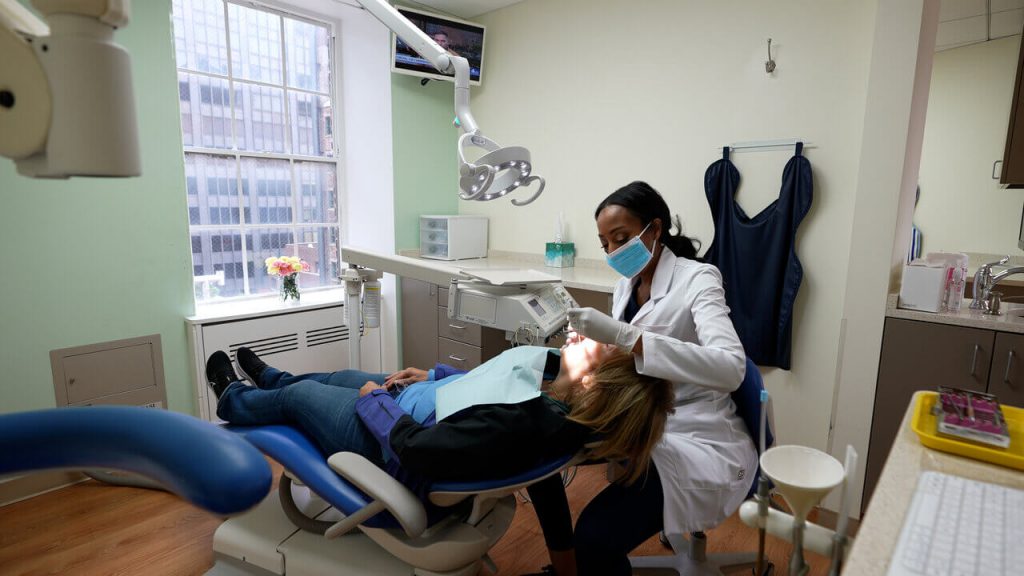Understanding Root Canal Cost: A Simple Guide for New Yorkers

Hello, New Yorkers! If you’re reading this, you might be wondering about root canals—those often-feared but sometimes necessary procedures that can save your tooth and alleviate pain. One of the most common questions people have is, “How much does a root canal cost?” Let’s break it down in a way that’s easy to understand, so you can make informed decisions about your dental health.
What is a root canal?
Before we discuss costs, let’s quickly review what a root canal is. Your tooth is made up of several layers: the hard outer enamel, the dentin just underneath, and the innermost part called the pulp. The pulp contains nerves and blood vessels. Sometimes, this pulp can get infected or damaged, often due to a deep cavity or trauma. When that happens, a root canal procedure is needed to remove the infected pulp, clean out the tooth, and seal it up.
Factors influencing root canal costs
The cost of a root canal can vary widely depending on several factors:
- Location of the tooth: Root canals are generally more expensive for back teeth (molars) compared to front teeth (incisors). Molars have more roots and are more complex to treat, which makes the procedure longer and more challenging.
- Type of treatment: A retreat or “redo” of a root canal is more expensive than an initial root canal.
- Dentist’s experience: A highly experienced endodontist might charge more due to their expertise and advanced techniques. Endodontists go to school for an additional 2-3 years after dental school concentrating only on root canals.
- Additional treatments: Sometimes, additional treatments might be needed. For instance, after a root canal, you may need a crown to protect the tooth. Sometimes the dentist needs to take a 3D xray to get a more in depth view of your tooth. This cost is separate from the root canal cost.
- Insurance coverage: Your dental insurance plan can also affect how much you’ll pay out of pocket. Many plans cover part of the cost of root canals, but the amount of coverage can vary.
Typical costs in New York City

In New York City, the cost of a root canal can range significantly. Here’s a rough idea of what you might expect:
- Incisors (front teeth): $1,000 – $2,000
- Premolars (side teeth): $1,200 – 2,200
- Molars (back teeth): $1,500 – $2,500
Breaking down the costs
Let’s take a closer look at what goes into the cost of a root canal:
- Initial examination and x-rays: Before the procedure, your dentist will need to examine your tooth and 3D X-rays to see the extent of the damage. This might cost between $100 and $300.
- The procedure: The actual root canal procedure involves cleaning out the infected pulp and sealing the tooth. This can range from $1,000 to $2,500, depending on the tooth’s location and complexity.
- Follow-up visits: Sometimes, you may need a follow-up visit to ensure the tooth is healing properly. This is usually included the total cost.
- Crown: After a root canal, it’s often recommended to place a crown on the tooth to protect it and restore its function. Crowns typically cost between $1,500 and $2,500 depending on the material and the dentist.
Payment options
If the cost of a root canal seems high, don’t worry—there are options to make it more manageable:
- Dental insurance: Check with your dental insurance provider to see what portion of the root canal is covered. Many plans cover a significant part of the cost.
- Payment plans: Some dental offices offer payment plans or financing options that allow you to pay the cost of the procedure in smaller, manageable installments.
- Health Savings Accounts (HSAs) and Flexible Spending Accounts (FSAs): If you have an HSA or FSA, you can use these funds to pay for your root canal, which can help reduce out-of-pocket expenses.
- Credit cards: Using a credit card is another option, but make sure you’re aware of the interest rates and terms to avoid unexpected costs.
Why investing in a root canal is worth it
You might be thinking, “Is it really worth spending all this money on a root canal?” The answer is usually YES! Here’s why:
- Pain relief: A root canal can relieve the severe pain caused by an infected tooth. This can greatly improve your quality of life.
- Preserving your tooth: Removing the infection and sealing the tooth helps you keep your natural tooth, which is always preferable to extraction and replacement.
- Preventing further issues: Addressing the infection now can prevent more serious problems in the future, which could end up being more expensive and complicated.
Final thoughts
Navigating the costs of a root canal can be daunting, but understanding what goes into the price and exploring your payment options can help you manage the expense. Remember, a root canal is a valuable investment in your oral health, and keeping your natural teeth is often the best choice for long-term health and function!
If you have more questions or need personalized advice, don’t hesitate to reach out. I can provide detailed information based on your specific situation and help guide you through the process.
Stay healthy and keep smiling, New York!
